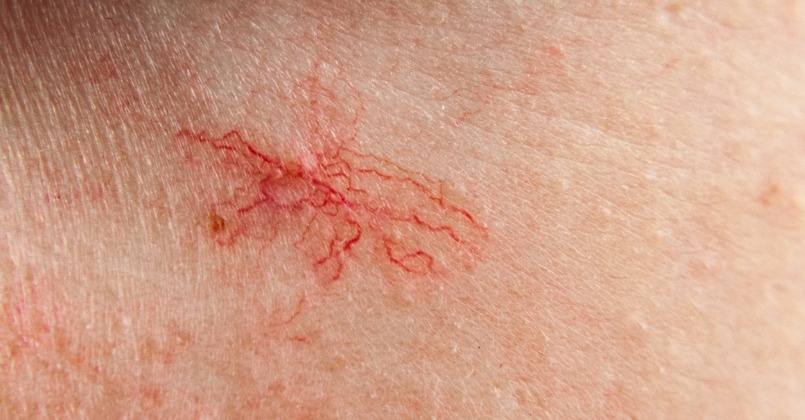Venous insufficiency is a condition characterized by poor circulation and the pooling of blood in the legs. Patients with this condition frequently experience tired, achy, heavy legs at the end of the day, night cramps, and swelling in the feet and ankles.
Varicose veins are clusters of swollen, tangled veins, and they often bulge above the surface of the skin. These veins often fill with blood and can become tender or inflamed.
Spider veins, which are small, thin veins seen at the skin surface, often form from years of venous insufficiency and can be a sign of venous disease below the skin surface.
Diagnosis Process
To diagnose this condition, we perform ultrasounds to find out more information about the health of our patients’ veins.
If venous insufficiency or varicose veins negatively affect our patients’ quality of life, minimally invasive procedures, such as endoscopic vein surgery, laser treatments or sclerotherapy, might be considered.
Common Causes and Risk Factors
Many may already know that women are more prone to get venous disease than men. But do you know why?
The hormones estrogen and progesterone, which are present during various times in a woman’s life, both play a part in the development of venous disease.
As hormone levels fluctuate, damage can occur. Over time, the veins can become dilated and unable to transport blood effectively, causing further swelling and damage to already weakened vein walls. The saphenous vein, which is found in the leg, has been shown to be most sensitive to imbalances in progesterone.
During pregnancy, female hormones will change drastically. Even within the first trimester, many women will begin to develop venous conditions like spider veins and varicose veins. Blood volume increases during pregnancy as well and this increase can put additional stress on weakened veins. While some women will see an improvement in their varicose veins in the months following birth, most will not. With each additional pregnancy, vein damage increases, and abnormal veins tend to stick around lifelong.
During menopause, when women lose these hormones, the smaller veins can dilate and become more visible. With advanced age, the skin may become less elastic and thin, thus making it easier to spot the varicose veins from the surface. Up until this point, some women who have never had varicose veins may start noticing them for the first time. Additionally, those who previously developed varicose veins may see them worsen.
Prevention Options
While varicose veins can be part hereditary, there are steps you can take to minimize their formation.
- Exercise:
- If you have a desk job or spend a lot of time sitting down, getting your blood flowing can improve vein health and the appearance of varicose veins. Getting your circulation going can help remove the heavy pressure in legs with malfunctioning varicose veins.
- Stay Cool:
- Getting overheated can make varicose veins worse. The heat causes your veins to dilate and open up more than they should, allowing the blood to get trapped.
- Hydrate:
- It seems counterintuitive, but consuming water will keep the blood inside the veins and reduce your risk of swollen legs and feet.
- Compression and elevation:
- Prevention is key. If you are on your feet for long periods of time, using compression socks for support will help keep the veins from swelling. Additionally, frequent elevation of the legs will help keep the blood moving along.
Seek Professional Help
Lastly, if you believe that you are being affected by your veins, be evaluated! The misconception that vein disease is a cosmetic problem is a thing of the past. Today’s science allows us to understand the mechanism of venous disease and that knowledge helps our patients feel better. With the use of minimally invasive therapies, patients can start to have the relief they deserve.
About The Author

Dr. Emily Lagergren is board certified in Vascular and General Surgery. Originally from Florida, she started her training at Wake Forest University before completing her education at Emory University. Dr. Lagergren has been with Vascular Surgical Associates for the past 4 years. Women’s health is very important to Dr. Lagergren. “All too often women get sidetracked taking care of others, before they will even acknowledge their own health. Sure, it is commonplace, but it is not always right.” Take some time for yourself and come meet Dr. Lagergren to discuss your vascular health. Dr. Lagergren lives in Cobb county with her husband and two children.





